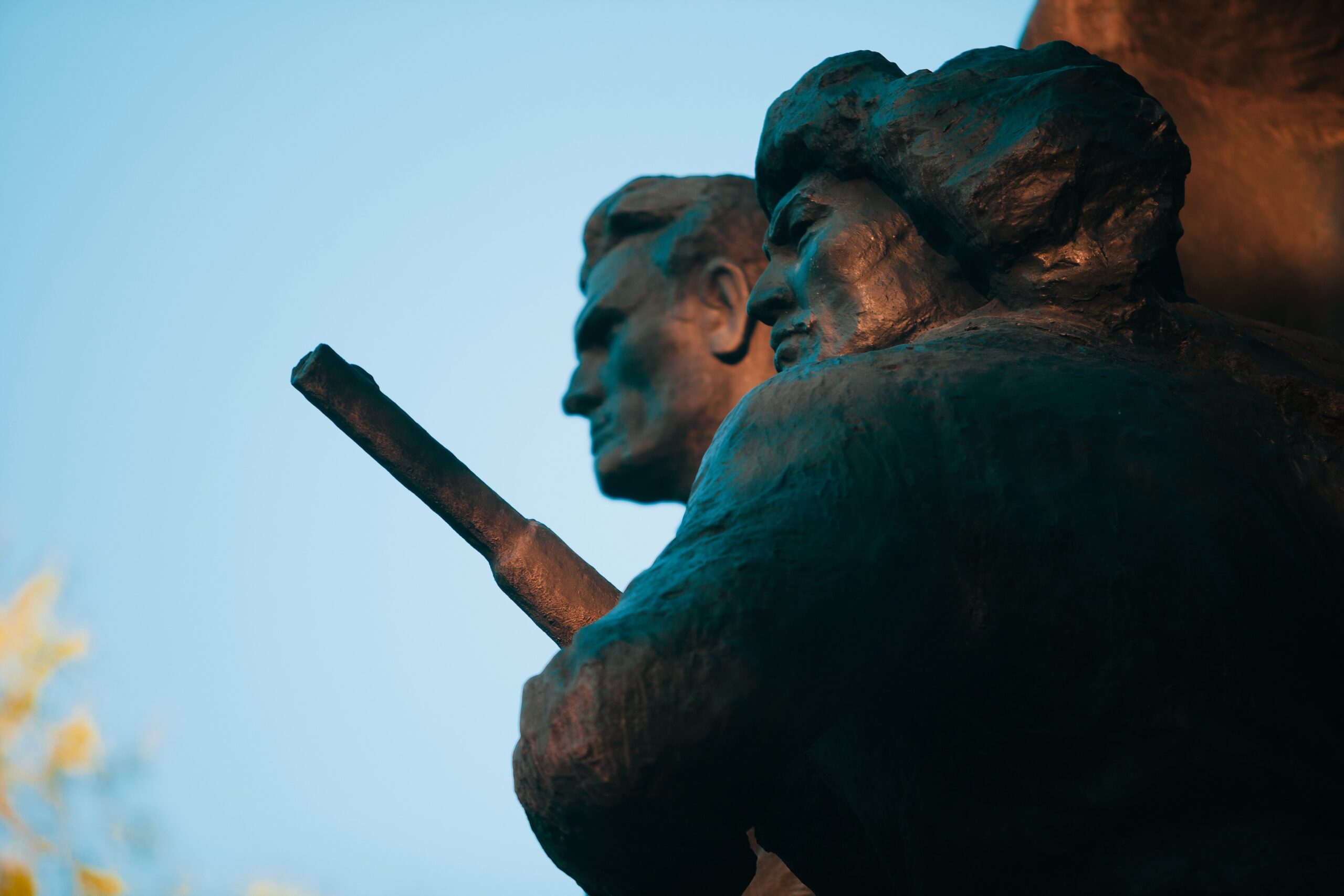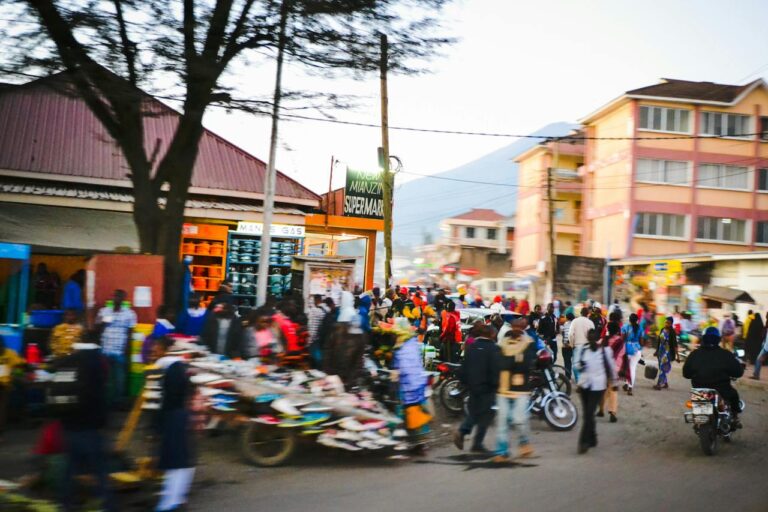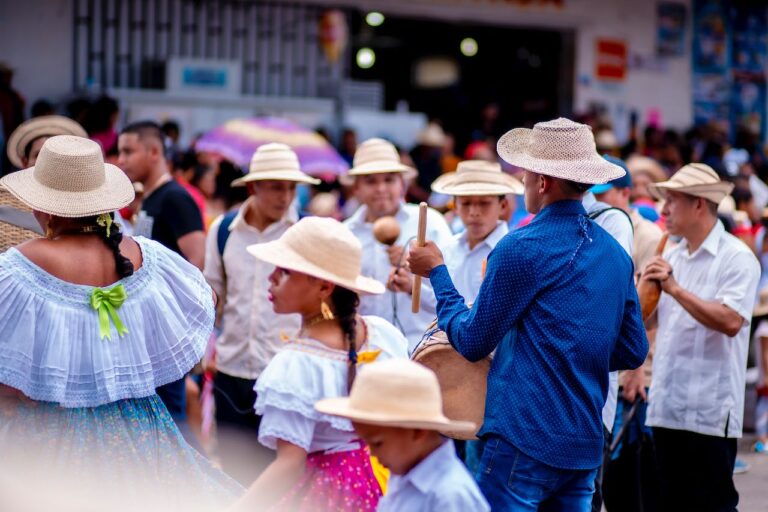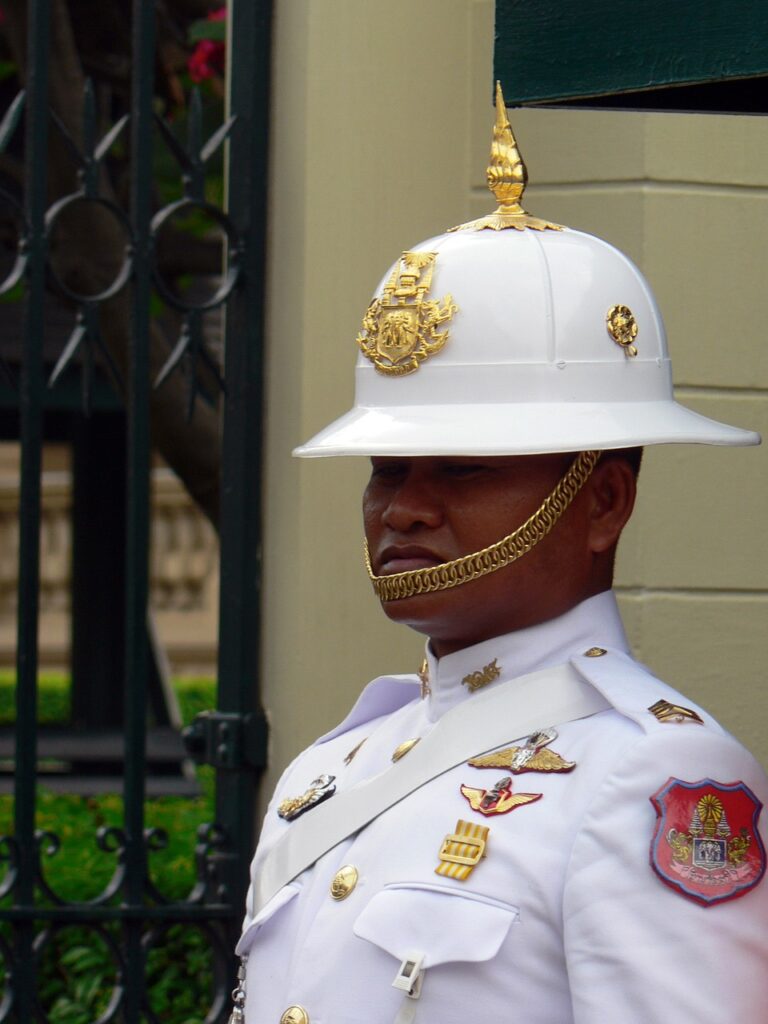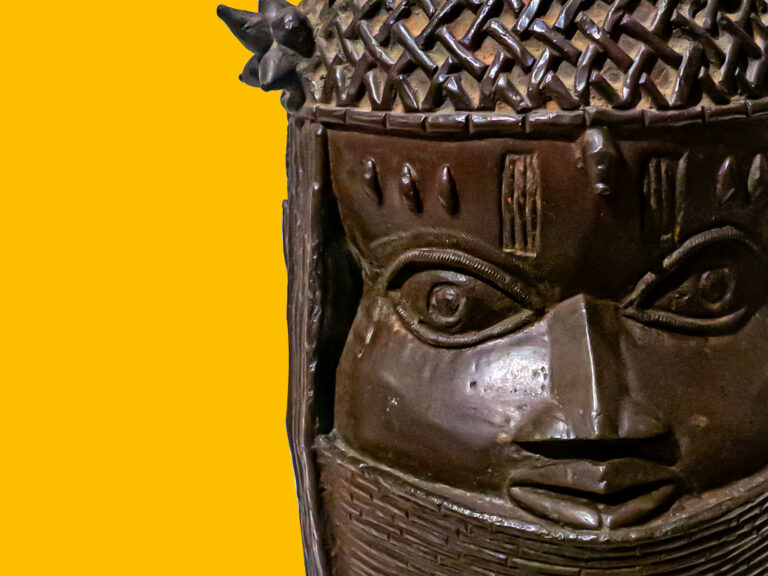Copenhagen, Denmark (TP)
In early January 2022, inhabitants of the Zhanaozen region in the southeastern part of Kazakhstan started protesting against the sharp rise in fuel prices. As the government removed the price cap, it doubled from $0.14 to $0.28 reported OpenDemocracy.
Despite media focus on this increase, the upsurge was rather the last drop in a very long historical process of lowering quality of life and increasing worker exploitation.
In a matter of days, the uprising spread to central parts of the country and Kazakhstan’s capital, encompassing more social groups who joined in solidarity and started demanding more profound structural changes, such as increases in the living wages, collective bargaining recognition, improvement of worker conditions, as well as lowering pension age.
As the movement gained momentum, it quickly became politicized with new stakeholders trying to stir it in new directions.
New Times
The Zhanaozen region has a long history of organizing with working class people being stripped of most of their rights, while the oligarch class together with foreign investors kept accumulating more and more wealth from oil exports. Some analysts call what happened in Kazakhstan a class war.
Since the collapse of the Soviet Union, peripheral countries like Kazakhstan incorporated very well in a neo-liberal economic order as suppliers of raw materials. The quick gains from the oil and gas industry were successfully siphoned to the ruling class, namely former president Nazarbayev’s family, as well as foreign investors.
The living conditions for the average citizen in the meantime deteriorated significantly.
Rising conspiracy
In 2019, Nazarbayev chose his successor, the current president Tokayev, and named himself Elbasy or the ‘leader of the nation’ while keeping control over essential state institutions.
Since in power, Tokayev attempted to create a more manageable civil society, but the escalation of the crowd’s anger into more violent demonstrations motivated him to change his rhetoric.
The handful of looting incidents during these riots were the perfect opportunity for the president to call the uprising an orchestrated attack with a group of ‘terrorists’ and ‘foreign agents’ aiming to undermine the country’s sovereignty.
The conspiracy about the West organizing the protest simply can’t hold because it was Western corporations who were hit because of the strike. As an example, American oil company Chevron controls 50% of Kazakhstan’s largest oil venture in Tengiz with investment plans amounting to $50 billion.
International geo-play
President Tokayev appealed to members of the Collective Security Treaty Organization (CSTO), a military alliance between Russia and five other countries including Kazakhstan, to send in external military help to suppress the uprising. Overnight, the first military planes flew in to deploy Russian troops to protect main state assets, like the Airport in Nur-Sultan (formerly called Almaty).
The foreign press was quick to raise panic and call the event a Russian invasion. Local observers and analysts point to the fact that the US used the events in Kazakhstan as an offensive play on a totally different chess board, the Russia-Ukraine conflict.
In reality, Russia’s involvement was merely a geo-political gesture of authoritarian solidarity to show president Tokayev he can rely on his neighbors.
As the waters cooled down, Tokayev was quick to reassure the foreign partners that peace was restored and their money was safe in Kazakhstan.
Looking at the events post-factum, Aljazeera reporters conclude that Russia consolidated its influence and secured the loyalty of the Kazakh leadership. Local elites and foreign investors can resume their extractive activities.
Only the people of Kazakhstan have been defeated, but if history teaches us anything, power doesn’t stay in the same hands forever.

